How Inflation is Affecting Cannabis: Prices, Closures, and the Job Market
Veriheal
MAY 16, 2025
According to a survey conducted by YouGov , almost 7 out of 10 cannabis consumers plan on spending the same amount, if not more, going forward in 2025. However, that statistic doesnt mean prices have been dropping in many states. This windfall shows no signs of slowing down either.



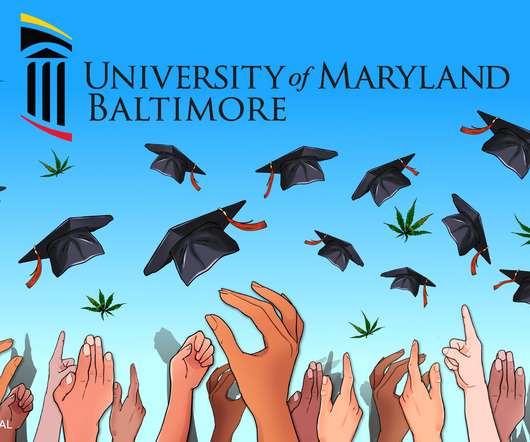

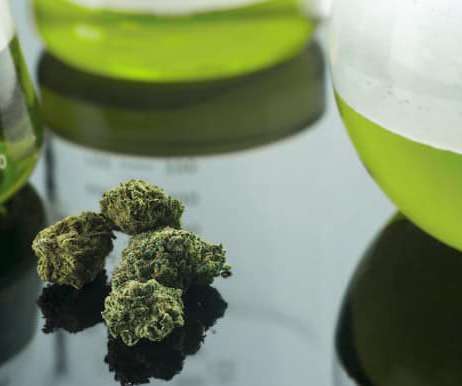
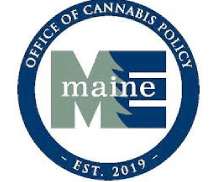

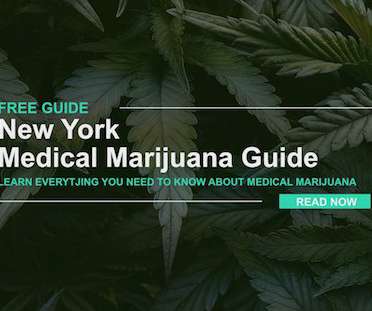

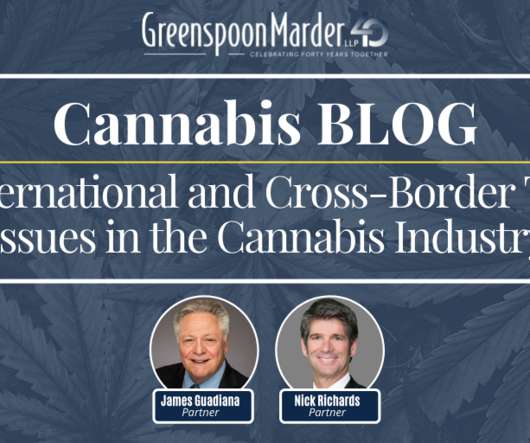

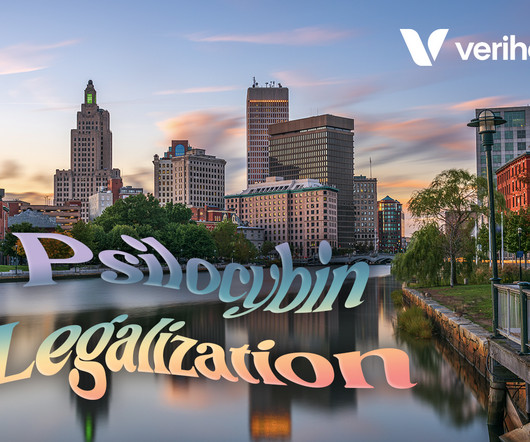








Let's personalize your content